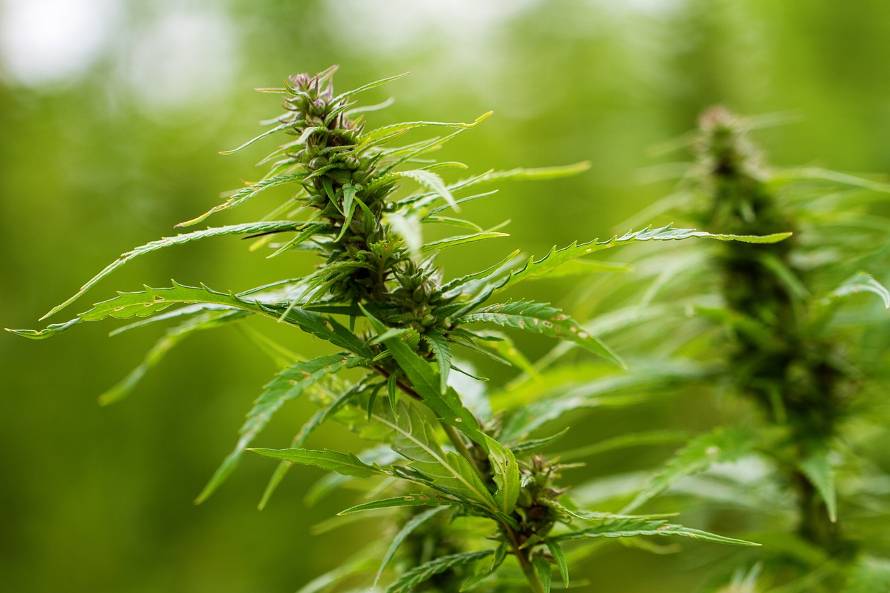A new study has found that using cannabis during pregnancy can greatly increase the risk of a child developing certain developmental disorders. The study, which was presented at the European Psychiatric Association Congress 2024, looked at data from over 222,000 mothers and their children in New South Wales, Australia.
The researchers found that children born to mothers who had a cannabis use disorder while pregnant were almost twice as likely to have attention deficit hyperactivity disorder (ADHD) and autism spectrum disorder (ASD). They also had a 46% higher risk of intellectual disability compared to children whose mothers did not use cannabis during pregnancy.
The study also found that the risk was even higher for children whose mothers both used cannabis and smoked cigarettes while pregnant. These children had an even greater chance of developing ADHD, ASD, and intellectual disability.
Other factors, such as low birth weight and being born too early, also increased the risk when combined with cannabis use during pregnancy.
Lead researcher Abay Woday Tadesse from Curtin University in Australia said, “The increased risk of neurodevelopmental disorders in children of mothers diagnosed with prenatal cannabis use that we have observed in this study underscores the critical needs for preventive measures, including preconception counselling, to mitigate the potential adverse outcomes.”
Professor Rosa Alati, who was also involved in the study, added, “These findings highlight the need to increase awareness of the risks associated with cannabis use during pregnancy among women planning to become pregnant.”
Cannabis is the most commonly used illegal drug in Europe, with about 1.3% of adults (3.7 million people) using it daily or almost daily. While men generally use cannabis more than women, recent statistics show that younger women are catching up. This is especially concerning for pregnant and breastfeeding women.
The strength of cannabis has also increased over the past 15-20 years, with the main active ingredient, THC, being about twice as high as it used to be. This means the risks of negative effects for young women and their children are also higher.
At the same time, the number of children and teenagers with ADHD and ASD has been rising. It’s estimated that 5.3% to 5.9% of children worldwide have ADHD, with 4.6% in Europe. For ASD, it’s about 1 in 2000 children across the European Union.
Dr Julian Beezhold, the Secretary General of the European Psychiatric Association, explained that this study is important because it used linked data with confirmed diagnoses. This gives a clearer picture of the potential risks of using cannabis during pregnancy.
He said, “The results underscore the need for public health education campaigns and clinical interventions to raise awareness about the potential risks of cannabis use during pregnancy and to support women in making informed decisions regarding their health and the well-being of their children.”
If our reporting has informed or inspired you, please consider making a donation. Every contribution, no matter the size, empowers us to continue delivering accurate, engaging, and trustworthy science and medical news. Independent journalism requires time, effort, and resources—your support ensures we can keep uncovering the stories that matter most to you.
Join us in making knowledge accessible and impactful. Thank you for standing with us!

